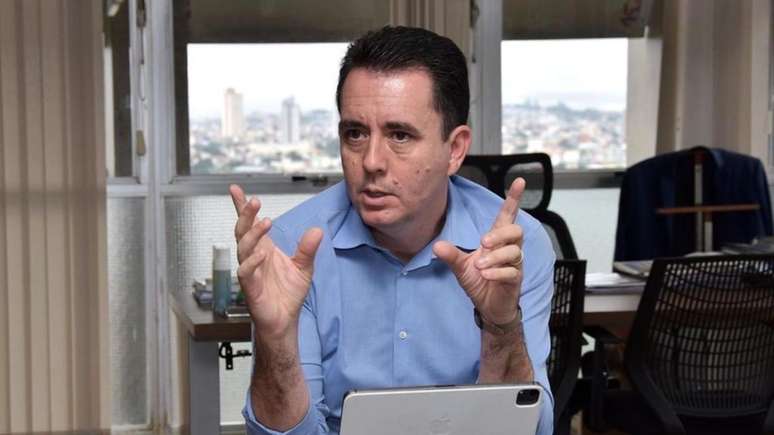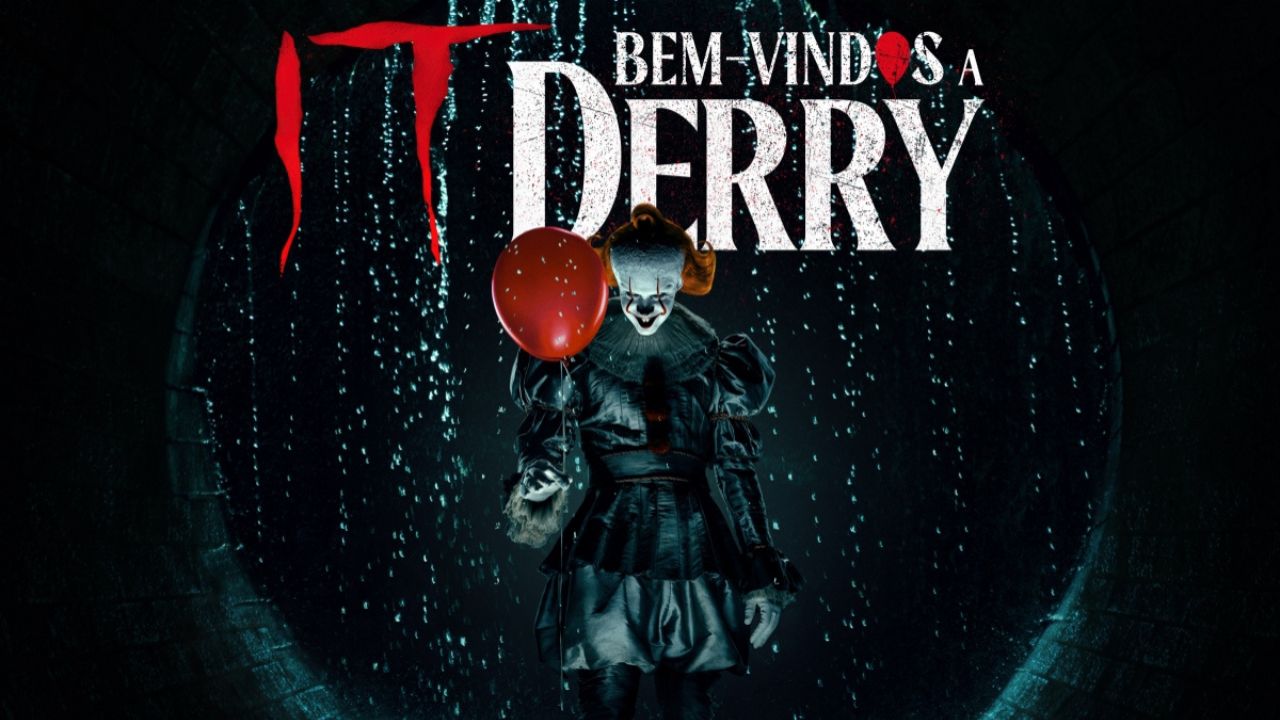In the last few days, a video published by YouTuber Felipe Bressanim PereiraFelca, has lit a debate that cannot be ignored: how far is it and how should children exposure to social networks?
The Internet is a space of opportunity, but also of threats. When it comes to minors, the danger multiply: sexual exploitation, activation, bullying, improper use of the image, among other crimes no less serious. In the case raised by the influencer, the concern expands from the connection with sensitive themes, such as pedophilia and the spread of illegal content.
Not today, a good part of what circulates online is in a sort of “Legal limbo”. Is it clear who should reply: the user he published, the platform that has allowed circulation or both? In my opinion, this indefinition weakens responsibility and promotes impunity. After all, what is acceptable on the network? We have to talk about regulation, yes!
It is important to underline that this is not a question of censorship, but to create more objective rules in the country, in order to prevent freedom of expression from being used as a shield in the practice of crimes – it is to ensure that children are safeguarded by effective legislation, with a rigorous supervision and exemplary punishment.
Brazil already has legal provisions in this sector, such as the statute of the child and adolescents (ECA), the law ” Carolina Dieckmann“And Internet Civil Marco. However, in practice, often, the application fails due to the long investigations, the lack of technical preparation by the authorities involved in the chatter, the difficulty in collaboration with the technological companies and the judicial slowness, just to mention some of the difficulties faced.
The doubt, therefore, is legitimate: do we need more difficult or more effective laws in the application of those who already exist? Perhaps the answer is in the middle way: update the standards for the digital environment in vogue and at the same time investing in research and punishment skills.
Unfortunately, debates like this on the screen sometimes end captured by political polarization “violent” It is not very productive with which we deal with, unfortunately, for a few years. Instead of looking for concrete solutions, the theme therefore becomes an ideological stage.
In my opinion, it is more than time for Brazil to abandon the logic of “Who is right or wrong” Based on party flags. The country needs efficient management, in the right of coordinated actions between state, platforms, digital security and civil society specialists. This includes, for example, the creation of a clear removal of the removal of illegal content, investments in automatic technological detection, police formation and jurists and awareness campaigns for parents and guardians, between a series of possibilities.
This discussion is not a whim or an agenda at the moment. It implies the fundamental right of children and adolescents to a safe life, even in the digital environment. Therefore, it is essential that parents, educators, legislators, technological companies and users participate in this dialogue. The goal should be unique: to protect those who cannot yet defend themselves. The important thing is not to be inert. Because when it comes to the safety of our children, every day without action it is a risk that we cannot run.
Read also: Hytalo Santos’s lawyer explains that he has given up on the defense of the influencer
Source: Terra
Rose James is a Gossipify movie and series reviewer known for her in-depth analysis and unique perspective on the latest releases. With a background in film studies, she provides engaging and informative reviews, and keeps readers up to date with industry trends and emerging talents.


![A Better Life Preview: What’s in store for Tuesday, October 21, 2025 Episode 446 [SPOILERS] A Better Life Preview: What’s in store for Tuesday, October 21, 2025 Episode 446 [SPOILERS]](https://fr.web.img6.acsta.net/img/fe/c7/fec79870332faf9ba9cf244248ec57c8.jpg)




